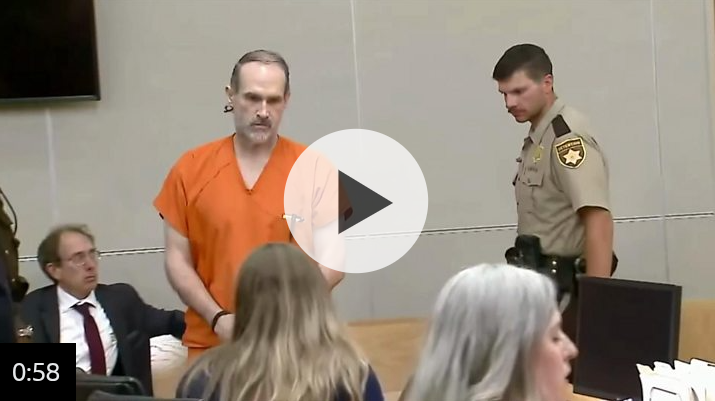In a surprising statement that has sparked debate across the country, former President Donald Trump has announced his intention to begin phasing out the Federal Emergency Management Agency (FEMA) after the 2025 hurricane season. Trump, who remains a leading figure in American politics, shared this plan during a recent event, stating that the agency’s role in disaster response has become bloated and inefficient. According to him, it’s time for states to take on greater responsibility for handling emergencies within their own borders.
This declaration has ignited a mix of concern and confusion, especially among emergency response experts and local government officials. FEMA has long been seen as a critical lifeline during times of crisis, from hurricanes and wildfires to floods and tornadoes. Critics of Trump’s plan argue that dismantling or significantly reducing FEMA’s scope could leave millions of Americans more vulnerable in the face of natural disasters. They emphasize that not all states have the resources or infrastructure to respond effectively without federal support.
Supporters of Trump’s stance, however, claim that FEMA has become too reliant on federal oversight and often slows down recovery efforts with bureaucratic red tape. They suggest that giving states more autonomy could result in quicker, more localized responses. Trump echoed this sentiment, saying that decentralizing disaster response could reduce federal spending and empower local governments to act more decisively in times of need.
Still, many remain skeptical about the feasibility of such a shift. FEMA plays a unique role in coordinating large-scale disaster relief, including mobilizing resources from across the country and providing financial assistance to affected individuals and communities. Eliminating or even downsizing the agency would require a massive overhaul of current emergency management systems, and such a transition could be particularly risky during a time when extreme weather events are becoming more frequent and severe.
As the 2025 hurricane season approaches, Trump’s proposal is sure to draw further scrutiny. Whether it becomes a cornerstone of his policy platform or fades into political rhetoric, the idea of scaling back FEMA raises serious questions about how the United States prepares for and responds to disasters. It also underscores the ongoing debate over federal versus state control in managing crises that touch the lives of millions.



